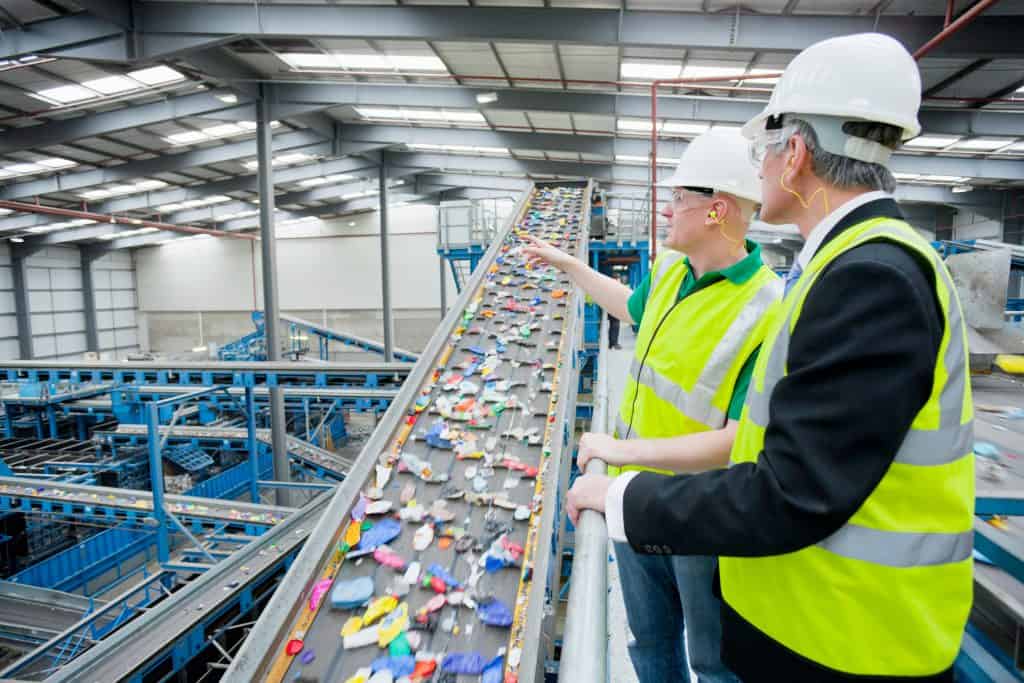Plastics are becoming an important part of our daily lives, however their removal positions significant environment obstacles. Recycling plastics is an important step towards sustainability, minimizing pollution, and conserving assets. Here’s everything you need to find out about recycle plastics:
1. Varieties of Recycled Plastics: Plastics are categorized into seven resin identification requirements, ranging from Animal (Top) to Other (#7). Reprocessed plastics are typically labeled as rPET (recycled PET), rHDPE (reused substantial-occurrence polyethylene), and so forth. These resources are extracted from article-consumer or article-commercial spend and packaged for reuse.
2. Recycling Approach: Recycling plastics involves a number of steps. Very first, collected plastics are categorized by sort and colour. Then, they’re cleansed to get rid of contaminants like labeling and adhesives. Right after working and washing, plastics are shredded into small sections or melted down to form pellets, ready for manufacturing new items.
3. Ecological Positive aspects: Recycling plastics conserves all-natural assets by reduction of the requirement for virgin components. Furthermore, it reduces power usage and garden greenhouse gas emissions connected with plastic creation. In addition, recycling assists minimize plastic contamination, avoiding plastics from finding yourself in landfills or oceans.
4. Obstacles: In spite of its advantages, recycling plastics faces obstacles. Contaminants, caused by mixing several types of plastics or non-recyclable materials, minimizes the caliber of reused goods. Additionally, inadequate infrastructure and very low consumer understanding hinder efficient plastic recycling.
5. Programs: Reused plastics locate programs in different businesses, including product packaging, construction, car, and textiles. Goods made out of re-cycled plastics vary from bottles and boxes to furnishings and clothes. Advancements in modern technology have allowed the use of reprocessed plastics in additional sophisticated programs.
6. Client Accountability: Buyers play an important role to advertise plastic recycling. Appropriate removal of plastic waste, which include isolating recyclables from common squander, assists simplify the recycling procedure. Choosing items created from re-cycled plastics motivates interest in environmentally friendly materials.
7. Long term Outlook: The future of recycling plastics looks appealing with ongoing research and development. Developments in recycling technological innovation, like chemical substance recycling and able to degrade plastics, offer probable solutions to existing obstacles. Collaborative attempts among governing bodies, industries, and consumers are important for knowing a circular economic climate for plastics.
To summarize, recycle plastics is essential for minimizing ecological impact and marketing sustainability. Learning the recycling approach, its positive aspects, obstacles, and customer duties is vital for effective plastic waste managing. Embracing reused plastics leads to a eco-friendly, much healthier world for future generations.


